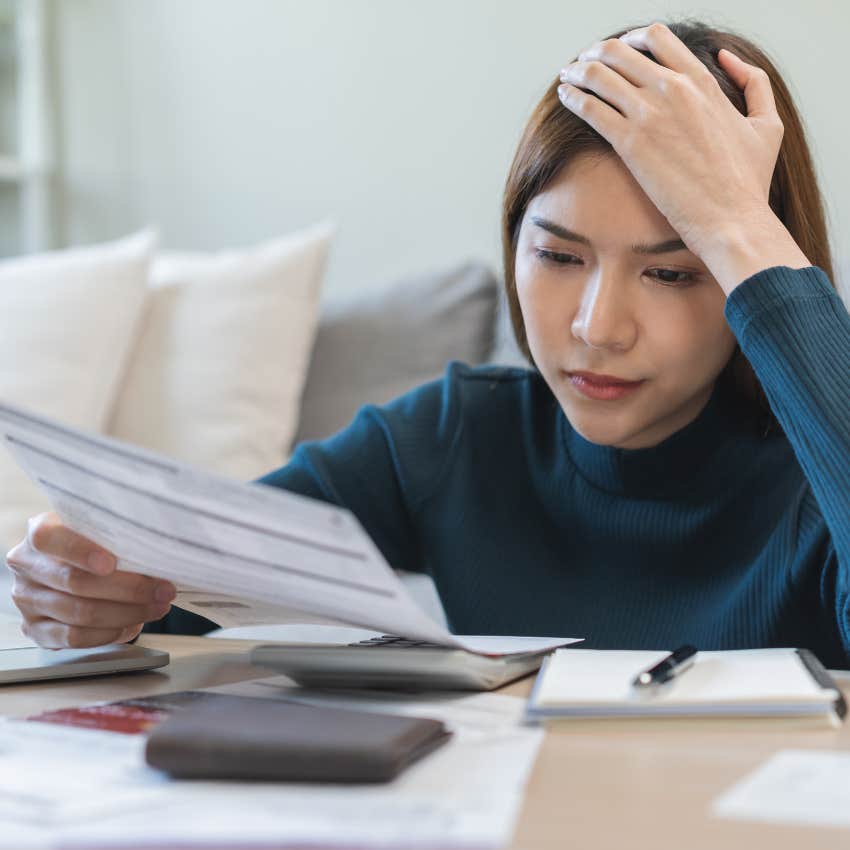3 Small Habits Of Exceptionally Calm People Who Rarely Get Rattled, According To Psychology
Truly calm people aren't born that way.
 Max Kegfire | Unsplash
Max Kegfire | Unsplash If you’re like most people, it’s hard to manage your emotions when you feel angry or sad. That inability to control your emotions can cause you to react impulsively, and those emotional outbursts can lead to unintended long-term repercussions.
You don’t have the emotional strength to keep your reactions in check. Everyone can feel anger, but if you are emotionally reactive, your emotional responses are over the top and don’t fit the situation at hand. People who overreact are usually offended by the smallest perceived slight, disproportionately upset, self-righteous, abrasive, defensive, and prone to rage or outbursts at the most minuscule provocation.
The good news is that you cannot react emotionally when given the proper tools. Texas-based lawyer Jeff Fisher shared three steps you can use to control your emotions when they are triggered.
Here are 3 small habits of exceptionally calm people who rarely get rattled, according to psychology:
1. They identify their triggers
Fisher started by telling viewers, “What triggers you teaches you, and there’s a lesson in everyone.” He went on to say that the first step in becoming less emotionally reactive is to identify your triggers.
“You can’t just get mad because somebody is pushing your buttons,” said Fisher. You have to ask yourself why there is a button and where your feelings come from.
Mindfulness helps you become more aware of your internal experiences and emotional states. A 2022 study explained that recognizing a trigger early allows you to implement coping mechanisms and prevent an escalated emotional response or a more damaging situation.
2. They spend time with their triggers
 Kmpzzz / Shutterstock
Kmpzzz / Shutterstock
The next step takes some bravery on your part. Fisher wants you to sit with your triggers and spend time with them.
The goal here is to take the trigger you have identified and find the perfect word or phrase to name it. That word is tied to the underlying reason you are triggered and might be "self-doubt," "condescension," or "disregard," for example.
Research has shown that exposure helps break the learned association between a trigger and a negative outcome. By repeatedly facing a trigger in a safe environment without the feared outcome occurring, the brain unlearns the danger association.
3. They put boundaries around their triggers
The last thing to do is set up boundaries around that trigger. That means you are clear with people, telling them that certain behaviors trigger you and you’d prefer not to be exposed to them.
This requires transparency (and probably a deep breath) on your part and active listening on theirs. If they can’t respect your boundaries, maybe it’s time to walk away from the conversation.
Every person has things that cause them to react emotionally. The key to keeping your cool is knowing exactly what it is that brings those reactions and doing your best to limit exposure or find another way to process your feelings.
You can’t control what will happen to you in life, but you can control how you choose to react.
NyRee Ausler is a writer from Seattle, Washington, and the author of seven books. She focuses on lifestyle and human interest stories that deliver informative and actionable guidance on interpersonal relationships, enlightenment, and self-discovery.

